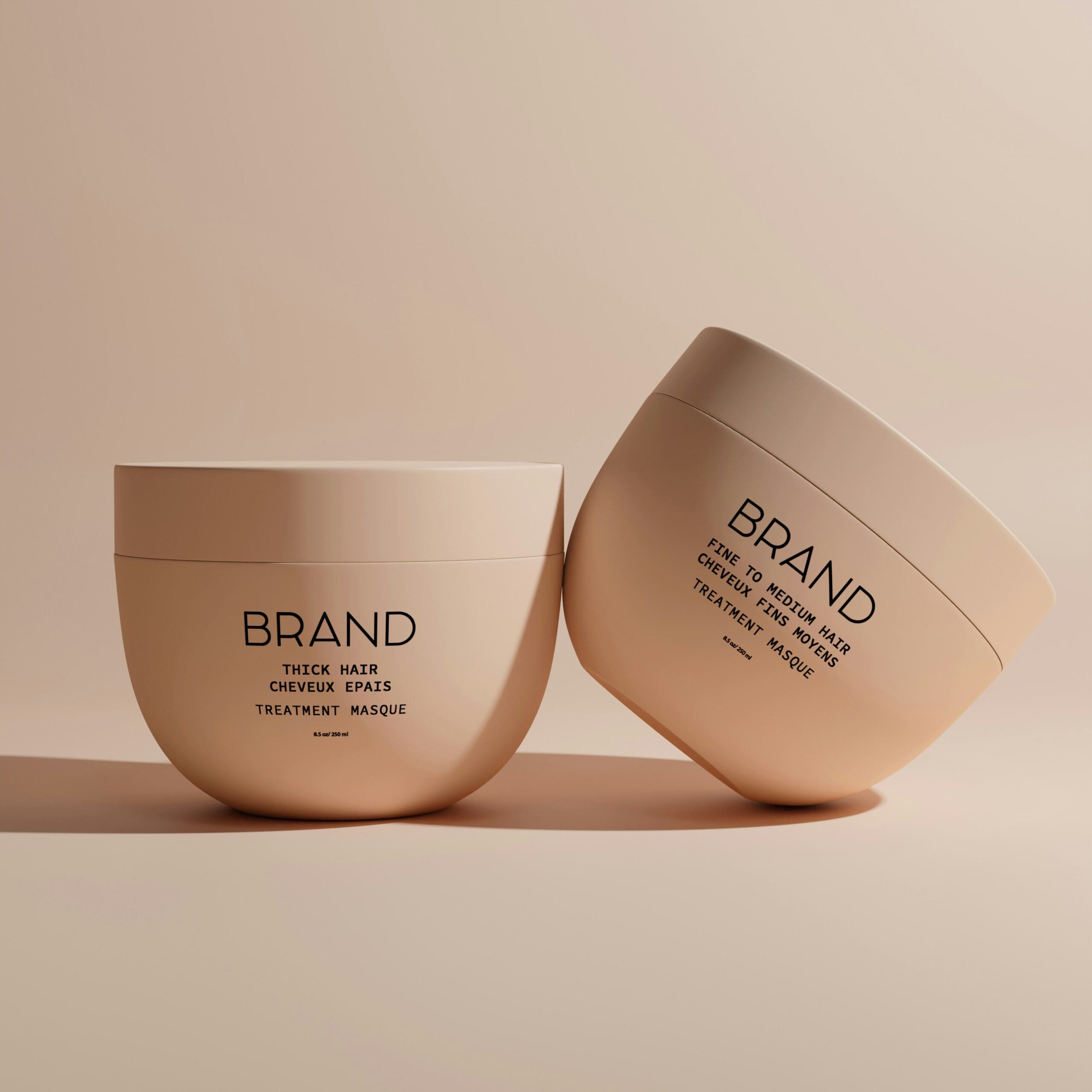In 2025, multicultural consumers are not just a growing segment—they are the future of beauty, wellness, and lifestyle. Yet far too many brands are still falling into the trap of colorblind marketing strategies that erase, ignore, or oversimplify culture. If you’re a beauty or lifestyle brand striving to connect with today’s conscious, diverse consumer base, cultural competence in your marketing isn’t just important—it’s essential.
At Bleum, a PoC-owned digital marketing agency specializing in multicultural beauty and lifestyle brands, we believe that cultural nuance isn’t a trend. It’s the backbone of truly authentic branding. In this in-depth guide, we’ll explore the difference between colorblind and culturally competent marketing strategies, show you why representation still matters, and share actionable tips for developing inclusive campaigns that resonate.
Whether you’re launching a new skincare line, refreshing your lifestyle brand, or navigating how to show up meaningfully during cultural heritage months, this article will help you rethink your approach and reconnect with your audience.
What Is Colorblind Marketing?
Colorblind marketing operates under the philosophy that “we’re all the same,” avoiding mention or acknowledgment of race, ethnicity, or culture. While this approach may seem neutral or inclusive on the surface, it often results in generalized messaging that fails to speak to anyone meaningfully.
Here’s why colorblind marketing falls flat:
- It erases identity: Ignoring cultural specificity can make audiences feel invisible or misunderstood.
- It misses market opportunities: Multicultural consumers are savvy and seek brands that reflect their unique experiences.
- It lacks authenticity: Today’s audience can spot performative or generic content from a mile away.
For multicultural beauty and lifestyle brands, this approach can be especially damaging. When representation is central to your brand identity, stripping it away for mass appeal weakens your message.
What Is Culturally Competent Marketing?
Culturally competent marketing, on the other hand, embraces the diverse backgrounds, traditions, languages, and lived experiences of your target audience. It requires research, empathy, and intention.
Key characteristics include:
- Informed storytelling: Understanding the history and significance of cultural references.
- Inclusive visual representation: Featuring diverse models, creators, and communities.
- Community collaboration: Partnering with cultural insiders for campaigns and content.
- Ongoing education: Remaining aware of evolving language and cultural dynamics.
At Bleum, we define cultural competence as “knowing your audience well enough to honor their heritage while evolving your message to reflect modern identity.”
Why It Matters: The Business Case for Cultural Competence
Still wondering if the extra effort is worth it? Here are a few data-driven reasons why culturally competent marketing should be part of your core strategy:
- Multicultural consumers are the growth engine: In the U.S., people of color represent over 40% of the population and are driving trends in beauty, fashion, wellness, and entertainment.
- Representation influences buying decisions: According to Nielsen, 66% of Black consumers and 58% of Latinx consumers are more likely to buy from brands that reflect their culture in advertising.
- Cultural relevance builds loyalty: When consumers feel seen, they’re more likely to engage, share, and support your brand long-term.
- Search behavior is shifting: SEO keywords like “Black-owned skincare brands,” “Latina wellness influencers,” and “Asian beauty rituals” are trending. Being culturally specific can boost your organic reach and improve search rankings.
Signs Your Marketing Strategy May Be Colorblind
So how do you know if your strategy needs a refresh? Here are a few red flags:
- Your brand avoids discussing culture: If your messaging focuses solely on generic language like “for everyone” without specific examples or visuals, you might be diluting your impact.
- You use the same models in every campaign: A lack of visual diversity signals a narrow worldview.
- You only post about culture during heritage months: Cultural awareness isn’t a one-off. It should be woven into your year-round content strategy.
- You’re afraid to “get it wrong”: Fear of missteps often leads to silence. But inaction can be just as harmful as inaccuracy.
If you recognize your brand in any of these examples, you’re not alone. And the good news? It’s never too late to evolve.
How to Build a Culturally Competent Strategy
Cultural competence starts with intention and is sustained by consistent effort. Here’s how to begin:
1. Do the Deep Audience Work
You can’t market to people you don’t understand. Go beyond demographics and dig into psychographics, behaviors, and cultural nuances. What are your audience’s values, media habits, and style influences?
At Bleum, we build in-depth audience personas rooted in community interviews, social listening, and keyword research. This helps our clients develop messaging that feels personalized, not performative.
2. Center Cultural Storytelling
Culture is not a trend—it’s a narrative. Incorporate storytelling that reflects your community’s real experiences, challenges, and celebrations.
For example:
- Feature your founder’s background and what inspired the brand.
- Highlight customer stories that reflect cultural pride or resilience.
- Collaborate with creators who offer authentic insight into your market.
This isn’t about capitalizing on identity. It’s about honoring the people you serve.
3. Audit Your Visual Identity
Images speak louder than copy. Ask yourself:
- Do your visuals reflect racial, ethnic, body, and age diversity?
- Do you showcase natural hairstyles, traditional dress, or cultural beauty rituals?
- Do your graphic elements pull from meaningful design traditions respectfully?
We recommend a quarterly audit of your Instagram, website, and marketing assets. Bleum provides visual strategy consultations to help brands align their aesthetics with cultural intent.
4. Build Cultural Competence into Your Team
Inclusion should not be outsourced. Build a team—or work with an agency like Bleum—that reflects the diversity you want to represent.
Training matters too. Offer workshops on anti-racism, inclusive language, and ethical storytelling. Empower your team to speak up when campaigns miss the mark.
When brands bring us in, we often facilitate these internal conversations to bridge intention with execution.
5. Commit to Year-Round Representation
Don’t show up only during Black History Month or Lunar New Year. Plan an annual content strategy that includes:
- Culturally relevant holidays
- Community-led partnerships
- Monthly themes that tie into lived experiences
Not every post needs to be a cultural deep dive. But everything should be intentional.
The Bleum Approach: Strategy That Sees You
At Bleum, we don’t believe in one-size-fits-all marketing. We’re here to help multicultural beauty and lifestyle brands create strategies that reflect real people, real culture, and real connection.
Our services include:
- Brand identity development rooted in cultural insight
- Social media strategy for inclusive content planning
- SEO copywriting with keywords that reflect diverse beauty and wellness language
- Campaign development with BIPOC creators and consultants
- Community management that fosters authentic engagement
We know what it takes to craft campaigns that resonate across cultures without erasing them. Because we live it.
Final Thoughts: Representation Is Power
Being culturally competent isn’t about checking a box—it’s about building a brand that sees, values, and uplifts its audience. In an era where consumers demand more from the brands they support, authenticity is currency.
Don’t let your marketing strategy be colorblind. Let it be conscious. Let it be connected. Let it be culturally competent.
If you’re ready to evolve your brand and reach the communities that matter most, Bleum is here to help. We specialize in helping multicultural beauty and lifestyle brands like yours turn cultural insight into brand impact.
Reach out to Bleum today to schedule a consultation. Let’s build something powerful—together.



Read the Comments +